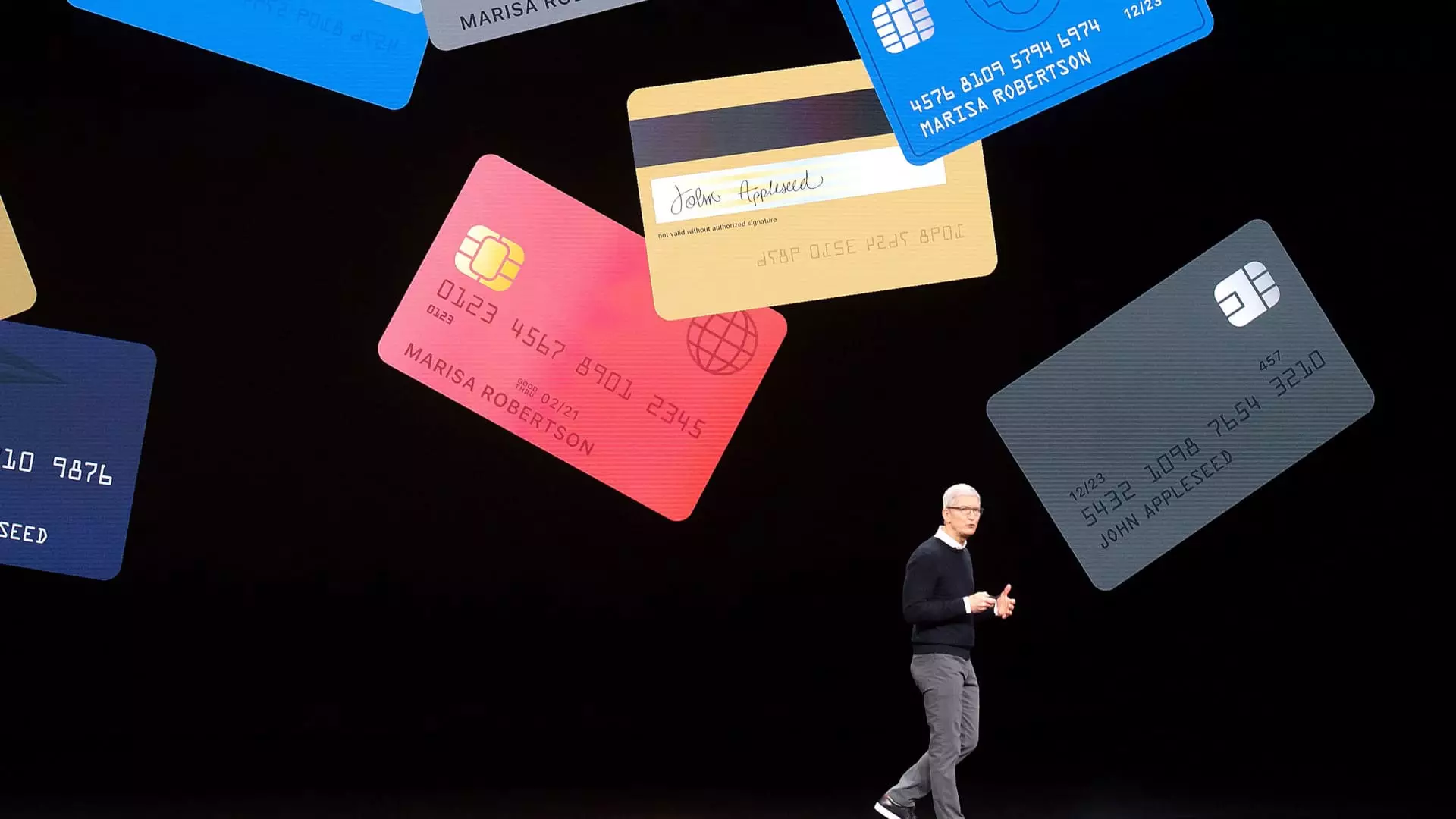Recent discussions indicate that Apple may be considering a significant shift in its credit card operations, specifically in relation to its Apple Card program. The tech giant is reportedly engaging in preliminary talks with JPMorgan Chase to potentially take over management from Goldman Sachs, the current issuer. This development signals a possible transformation in Apple’s financial strategy as it navigates the complexities of its credit offerings. Although the negotiations are in the early stages, the outcome could herald a new chapter for both Apple and JPMorgan, depending on various unresolved factors.
As these discussions unfold, there remain crucial questions concerning the direction and structure of any potential partnership. Specific details—such as financial terms and the continuation of unique features like the Apple Card’s calendar-based billing—are still undefined. The negotiations could falter due to disagreements on these pivotal issues. Both companies find themselves at a crossroads, particularly with Goldman Sachs having faced considerable challenges in its retail banking approach, which may have triggered Apple’s reevaluation of its credit strategy.
The current situation demonstrates the challenges that arise when a bank reassesses its business model. Goldman Sachs has reported losses associated with the Apple Card, raising the stakes for any prospective figure willing to take over the program. With an estimated $17 billion in loans tied to the Apple Card, which are now seen as a burden due to accumulated losses, JPMorgan is attempting to negotiate more favorable conditions. This could include a bid to purchase these loans below their face value. Such financial maneuvering illustrates the intricate balance between risk and reward that is inherent in credit card management.
Another layer of complexity involves the current economic landscape in the United States. The possibility of an economic slowdown looms, which has naturally raised concerns regarding credit quality across various portfolios. Particularly, Apple’s credit card users have exhibited higher-than-average delinquency and default rates, largely attributed to the prevalence of new accounts. Industry insights suggest that these initial losses might taper off as accounts mature; however, until consistent trends are observed, the Apple Card portfolio may deter other issuers from taking on the challenge.
If JPMorgan decides to proceed with the acquisition, it may push for significant changes in how the Apple Card operates. A notable adjustment could involve the elimination of the calendar-based billing feature that has drawn both praise and criticism. While this billing structure appeals to customers seeking simplicity, it results in an influx of customer service inquiries at the beginning of each month, placing a strain on support resources. A shift away from this model could enhance operational efficiency but may also impact customer satisfaction, an aspect Apple deeply values.
The ongoing discussions between Apple and JPMorgan Chase represent a strategic pivot that could redefine the future of the Apple Card program. While the outcome remains ambiguous, it is clear that the pressures from financial losses, market conditions, and consumer behavior are prompting Apple to explore alternative partnerships. Should these negotiations come to fruition, it could reshape not only how the Apple Card operates but also Apple’s broader approach to financial services innovation in the tech-driven economy.

